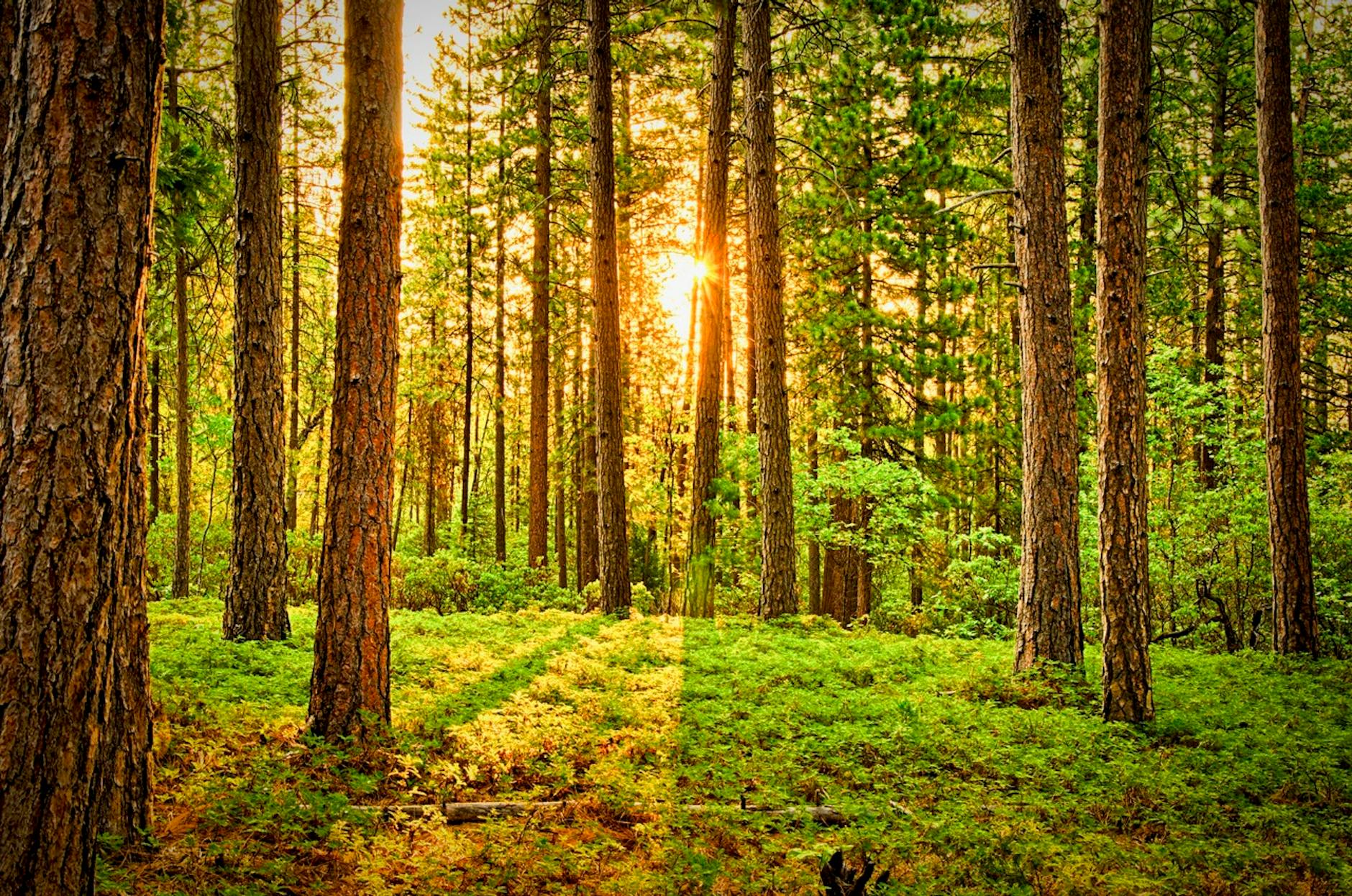
Many nations around the world (and multilateral organizations as well) have committed to planting millions of trees to help combat climate change. It makes sense, trees naturally sequester carbon and are still the best “technology” available to suck carbon dioxide out of the atmosphere. New satellite technology like NASA’s GEDI laser is helping better map our planet’s current trees and better understand where reforestation should occur and the best strategies to pursue. A new analysis presented at the American Association for the Advancement of Science even concluded that replenishing the world’s forests on a grand scale would suck enough carbon dioxide from the atmosphere to cancel out a decade of human emissions–a stance that, while intriguing, doesn’t yet have broad consensus (we’ll keep you posted if consensus builds).
Planting enough trees to combat climate change is incredibly complicated and as Anthropocene Magazine explained, converting large areas of natural landscape to biomass plantations threatens these already stressed ecosystems. Converting agricultural land makes it harder to feed the world’s population. Fertilizing tree plantations requires huge inputs of nitrogen fertilizer—which also results in the release of greenhouse gases—and watering them taxes an already water-scarce world. What’s key is that reforestation is done the right way and as Think Progress noted, planting trees in an effort to slow climate change is a complicated solution to a complicated problem — and experts caution that countries looking to implement robust reforestation programs need to be extremely deliberate in the kind of reforestation and forest management that they choose.
Why This Matters: Australia announced this week it would become one of a growing number of countries to aggressively pursue reforestation and will plant a billion new trees, as part of a vast campaign aimed to meet the climate targets set by the Paris Agreement. As Futurism explained, the government estimates that the project, which will run until 2050, will eventually remove 18 million tons of greenhouse gases per years. While reforestation efforts can be part of our global climate change strategy, there’s still not enough conclusive evidence to demonstrate that we can give up on all other fronts and focus only on trees. In Australia specifically, the nation’s push for renewable energy slowed down last year and its powerful coal industry won’t go down without a fight. It’s a good reminder that big announcements to plant trees must also come with emissions reduction strategies.
February 19, 2019 » Australia, coal, Forests, reforestation, trees


